The women who lead the production of oils in the Amazon that give life to some of the best-selling perfumes in Latin America.

In the heart of the Brazilian Amazon, among copaiba and white breu trees and pataqueira plantations, a unique community factory operates: a space where more than one hundred members transform the rainforest's leaves, roots, and resins into essential oils that travel (transformed into perfumes) throughout the continent. These oils, some of the most prized in global perfumery, are the basis for iconic fragrances such as Kaiak, Essencial, and Luna from the multinational cosmetics company Natura, which are among the best-selling in Latin America.
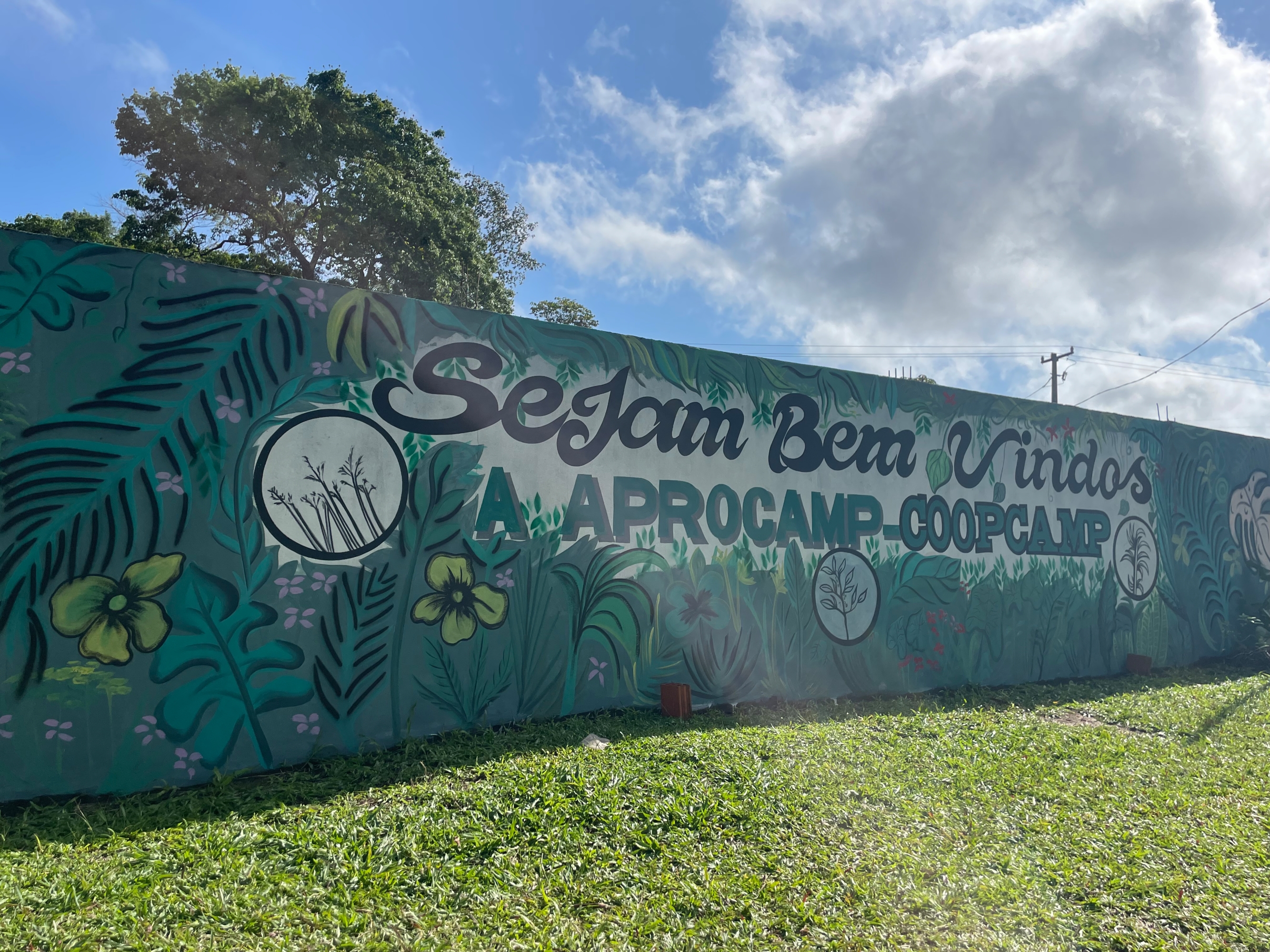
Aprocamp and Coopcamp were founded more than 20 years ago in the community of Campo Lindo (Pará), Brazil. Photo: Edwin Caicedo. EL TIEMPO
The organizations that make this chain possible are Aprocamp and Coopcamp, which were founded more than 20 years ago with just 22 people and now have 102 members: 46 women and 56 men. However, most of its decision-making is in the hands of women. Its director is Josiele Josi, and seven of the nine positions on the board of directors are held by women.
“Our challenge was always to demonstrate that the Amazon could generate wealth without being destroyed, and that women could be at the forefront of that process,” explains Josi.
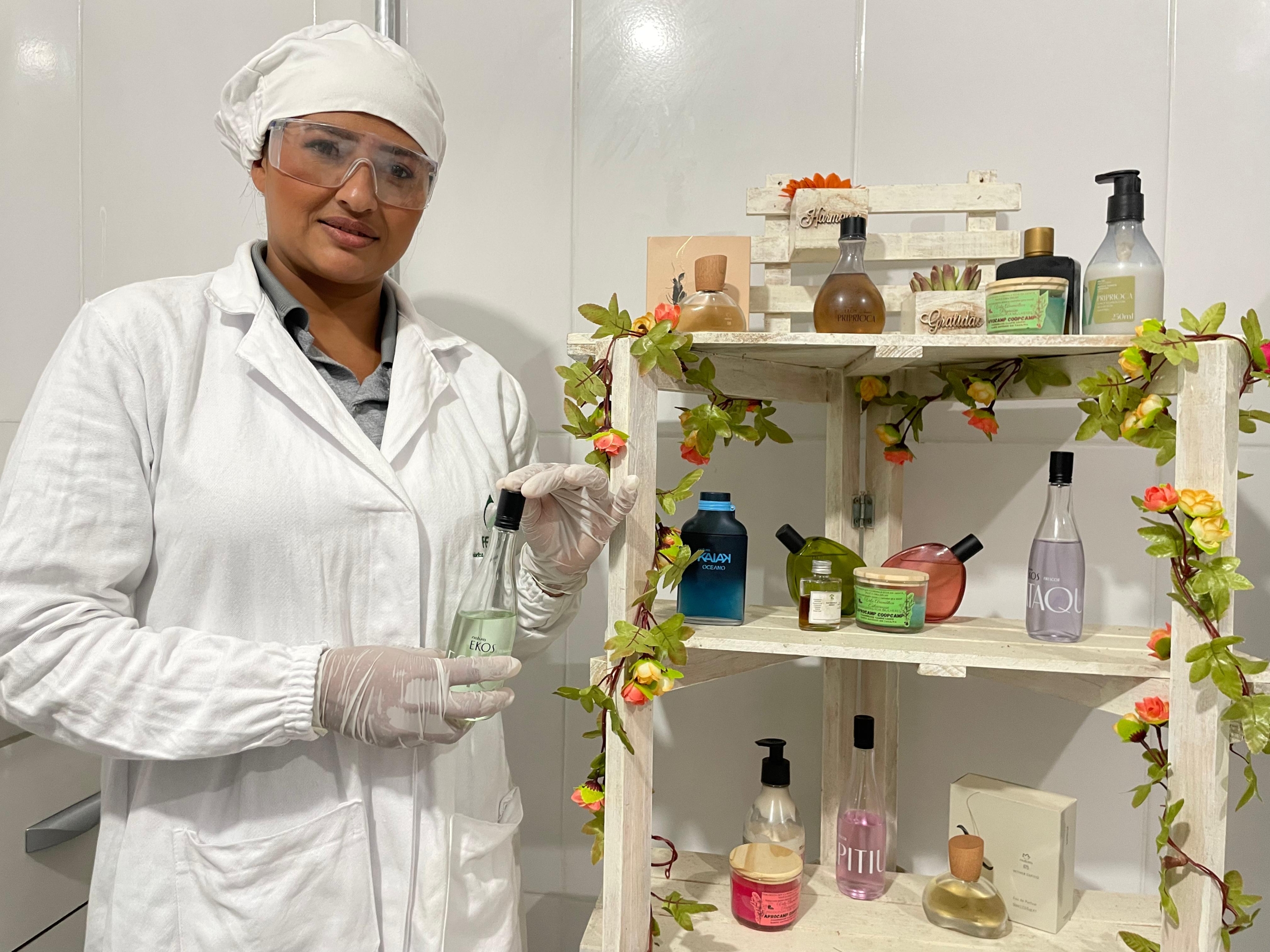
Aprocamp and Coopcamp show how economic value can be generated without destroying the Amazon. Photo: Edwin Caicedo. EL TIEMPO
The work of Aprocamp and Coopcamp reflects one of the multiple realities that coexist in the Amazon. While in riverine regions, production is based on ecotourism, extractivism, and river transport, in Campo Lindo, activities based on community farming and forests predominate, which are the basis for Brazil's finest essential oils.
The difference is key: previously, the region produced primarily butters and vegetable oils, which were more stable and used in soaps and cosmetics. “When it comes to perfumes, the level of delicacy is much greater. It was a paradigm to produce essential oils here, and the communities have successfully broken it,” explains Mauro Corrêa da Costa, Natura's sustainable sourcing manager.
A factory of our own in the middle of the jungle The plant, located in the community of Campo Lindo (northeast Brazil), is not owned by any outside company. It belongs to the community and is located in the middle of an immense, dense forest from which part of the inputs they use come. If the trees are not cared for, or if they decide to cut them down, they would lose the wealth that currently allows them to produce their oils.
Today, this plant employs young people from the community who work rotating shifts to operate the boilers and distillation equipment. Alejandra, one of the members, sums it up as "a dream realized by the founders, with the support of partners who trained us, but it was always intended to be ours, to remain in the hands of the community."
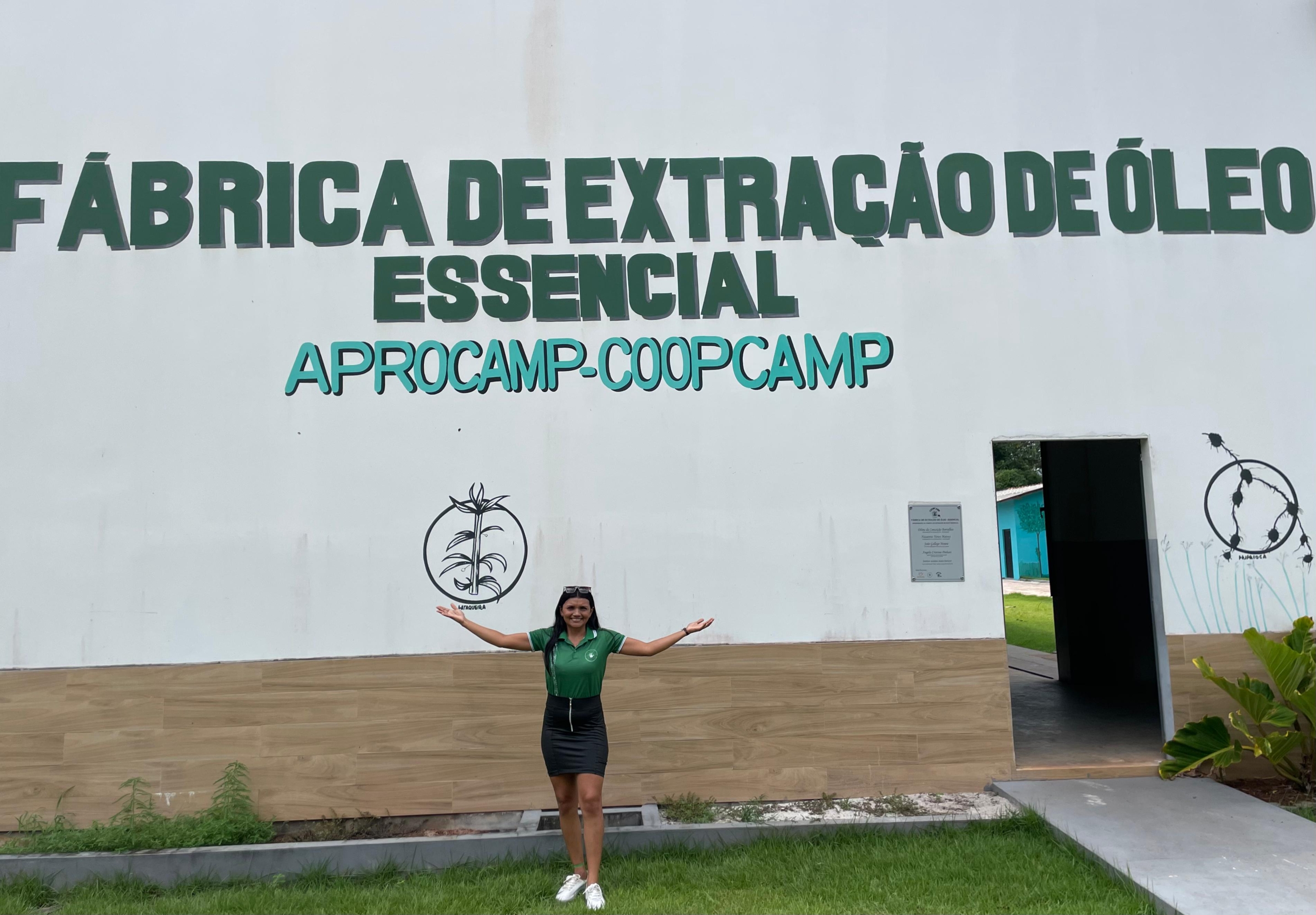
The majority of the organization's board of directors is held by women. Pictured: Josiele Josi. Photo: Edwin Caicedo. EL TIEMPO
Essential oil distillation is a meticulous task. The raw material—which can be between 200 and 650 kilos of leaves, stems, or roots—is placed in large containers where it steams for hours.
“On average, a ton of raw material yields just 160 milliliters of oil,” Josi explains. Each type of plant requires different times: while some release their essence in two hours, others require up to six.
The result is a precious liquid: a liter of essential oil costs between 9,000 and 16,000 reais (USD 1,600 to 2,800). And in perfumery, a single fragrance can blend more than 300 different types of oils.
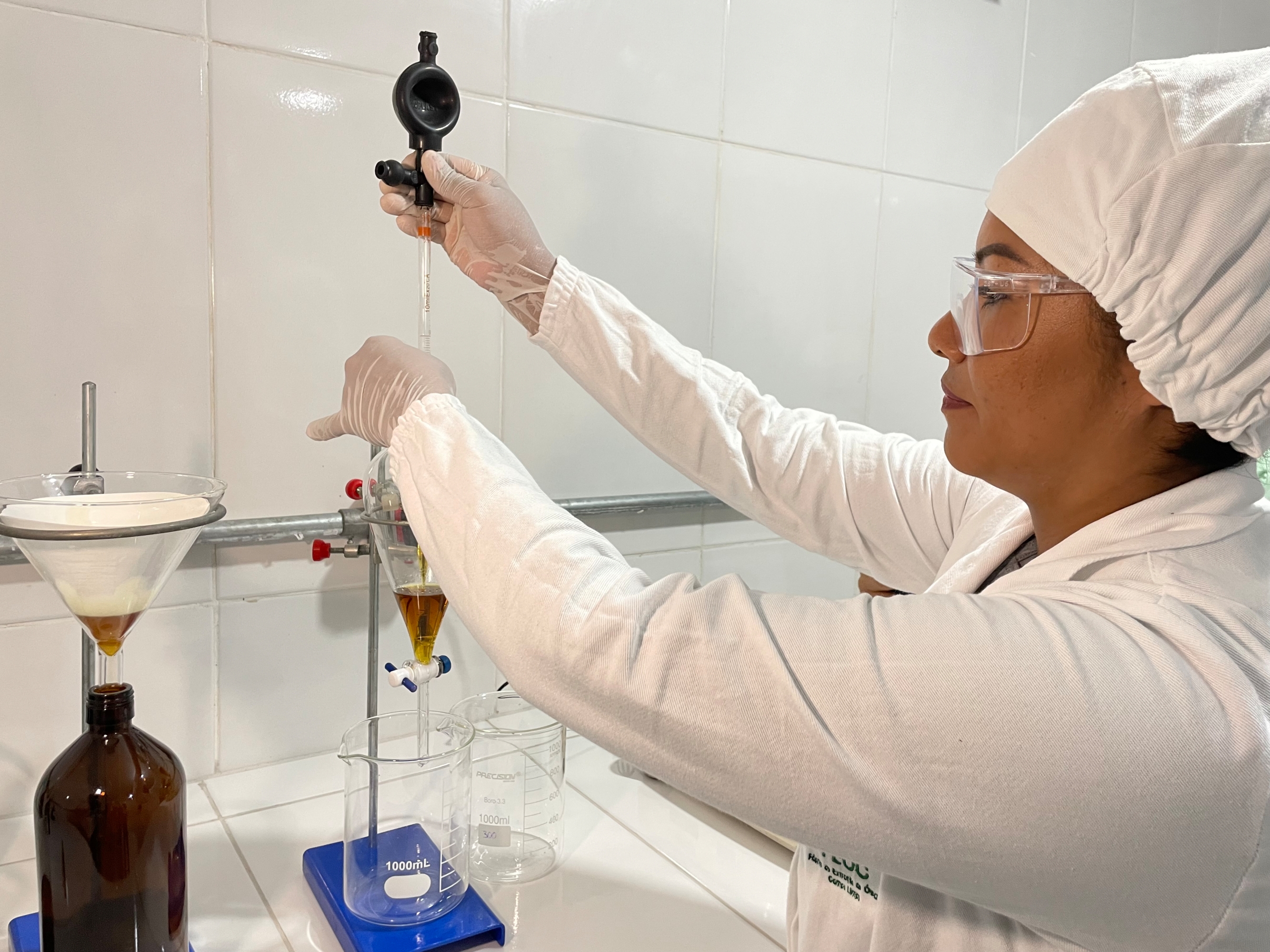
At its plant, the community produces essential oils from the fruits of the jungle. Photo: Edwin Caicedo. EL TIEMPO
The process leaves two byproducts that are also used: hydrosol, an aromatic water that the organization plans to convert into fabric softeners, soaps, and detergents; and solid waste, which is transformed into organic fertilizer for local producers. "We're trying to create a closed loop, where nothing is lost and everything returns to the fields," adds the community leader.
The pataqueira, a plant typical of the region, is one of the key ingredients in Natura's best-selling fragrances. "If pataqueira were missing, 50% of the oil used in perfumes would be unavailable," Josi emphasizes.
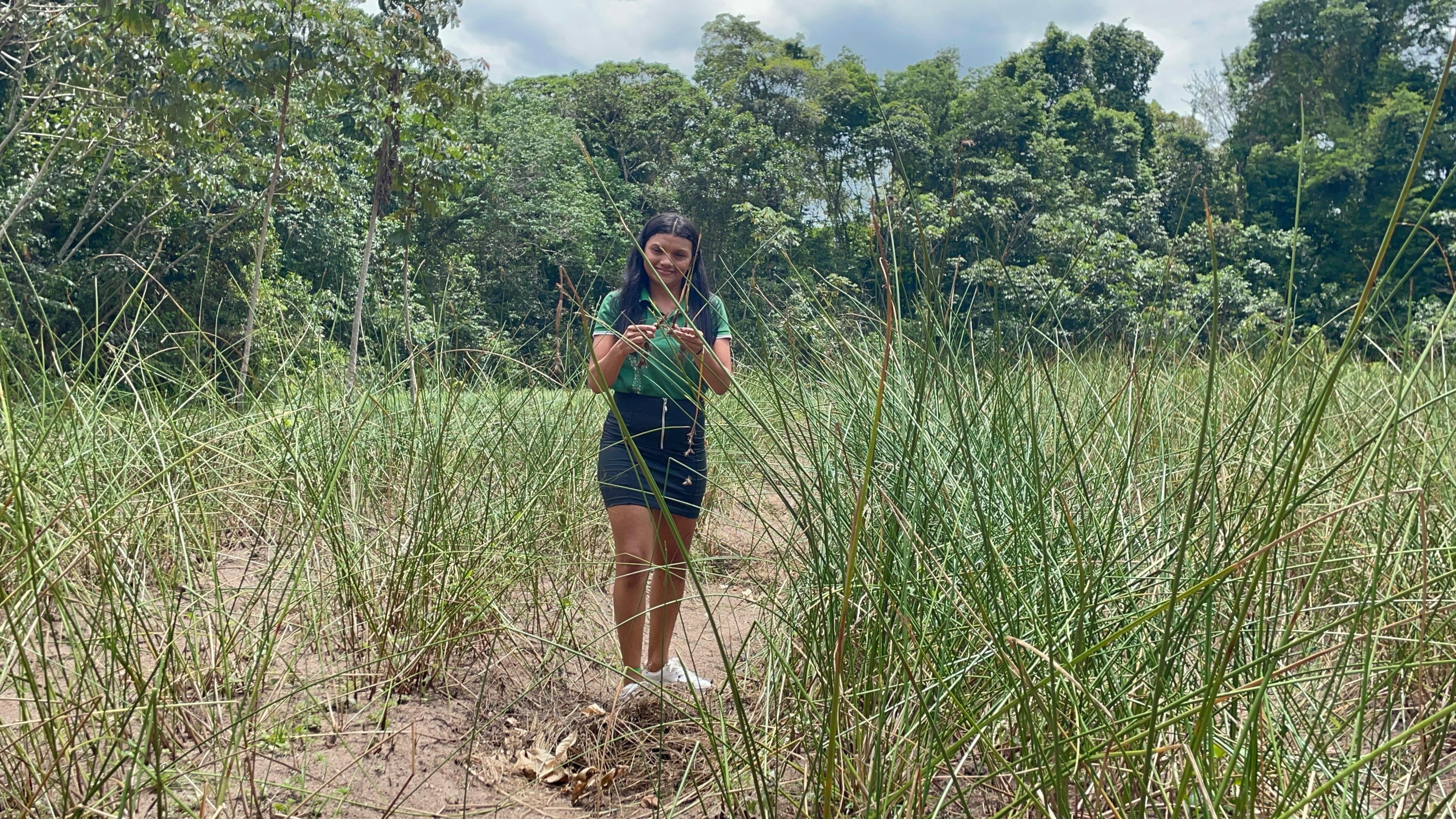
Josiele Josi on a priprioca plantation. Photo: Edwin Caicedo. EL TIEMPO
The community's transition from selling plants for others to process to distilling essential oils has marked a turning point. "Before, we were just harvesters; now we are producers of a sophisticated product that reaches the entire continent. Knowing how to extract oil from a simple leaf is a privilege," adds Josi.
At Campo Lindo, female leadership has been key. Most strategic decisions are in the hands of women, who not only manage the factory but also promote innovation projects, youth training, and new uses for byproducts.
After more than two decades, Aprocamp and Coopcamp have demonstrated that it is possible to transform biodiversity into economic value without disrupting the balance with nature. And, above all, that Amazonian women can be key players in a business that today sustains part of the Latin American perfume industry.
“Every drop of oil that comes out of here is a collective victory, not just for our community, but for the entire Amazon,” Josi emphasizes.
Profit sharing: from Rio 92 to Brazilian law The history of this model is also connected to the international debates that began at the 1992 Rio Summit (the first COP held in history) on biodiversity and access to genetic resources. After years of discussion, Brazil established its benefit-sharing legislation in 2015, which requires companies to share profits when they access traditional knowledge or genetic heritage.
In the case of Aprocamp and Coopcamp, these funds are allocated to biodiversity conservation and strengthening social organizations. According to project leaders, 70% of the investment in the plant came from Natura, and 30% came from profit-sharing resources.
"This model demonstrates that the peoples of the Amazon not only conserve the forest, but can also generate added value far beyond extractivism. It's an example of how we can break economic cycles that have been exhausted in the past, such as the rubber industry, and give real agency to communities," adds Corrêa da Costa.
Added to the issue of benefit sharing is an emerging debate today: payments for environmental services (PES). These seek to financially recognize communities for conserving forests, protecting water, and maintaining biodiversity.
“The price of what they produce hardly changes the lives of these people. Therefore, benefit sharing and payments for environmental services are key mechanisms for transforming the reality of Amazonian communities,” adds Corrêa da Costa.
This issue is expected to gain even more prominence at COP30, which will be held in Belém, Pará, just two hours from Campo Lindo, and which could consolidate new sources of income for those who inhabit and preserve the Amazon.
Environment and Health Journalist
eltiempo





